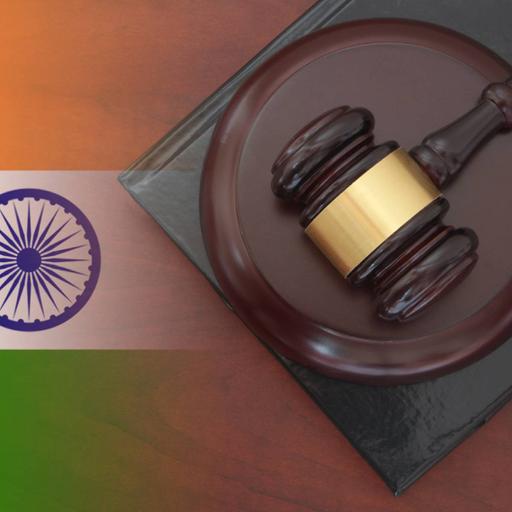Rights in The Indian Constitution
Presentations | English
Fundamental rights in India are the basic human rights guaranteed under Part III of the Constitution of India. There are six fundamental rights recognised by the Indian Constitution. They are: Right to equality, Right to freedom, Right against exploitation, Right to freedom of religion, Cultural and Educational Rights, and the Right to constitutional Remedies. Originally Right to property (Article 31) was also included in the Fundamental Rights. However, by the 44th Constitutional Amendment Act, 1978, it was deleted from the list of Fundamental Rights and made a legal right under Article 300A in Part XII of the constitution. The development of Fundamental Rights in India is heavily inspired by United State’s Bill of Rights. These rights are included in the constitution because they are considered essential for the development of the personality of every individual and to preserve human dignity.

Free
PPTX (73 Slides)
Rights in The Indian Constitution
Presentations | English
